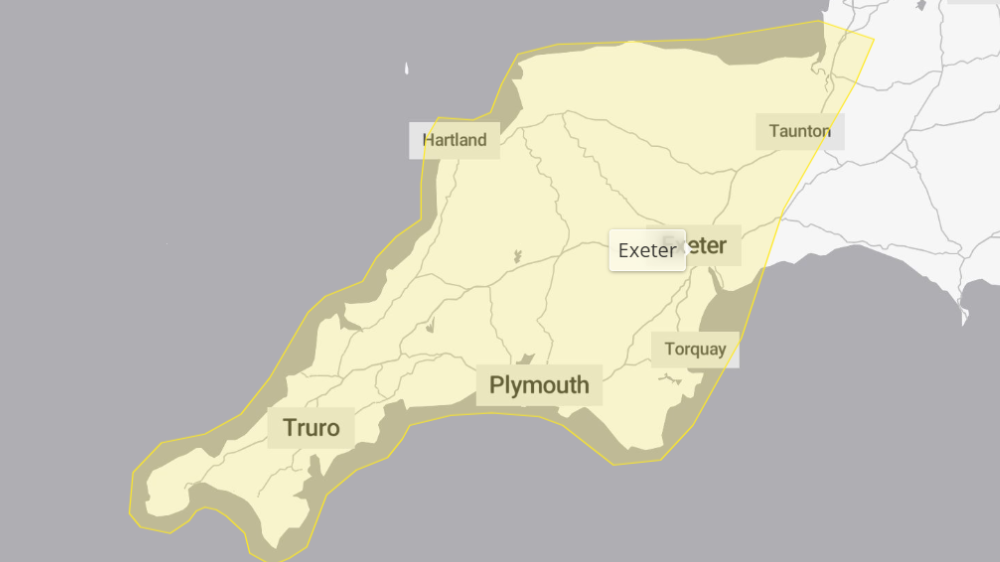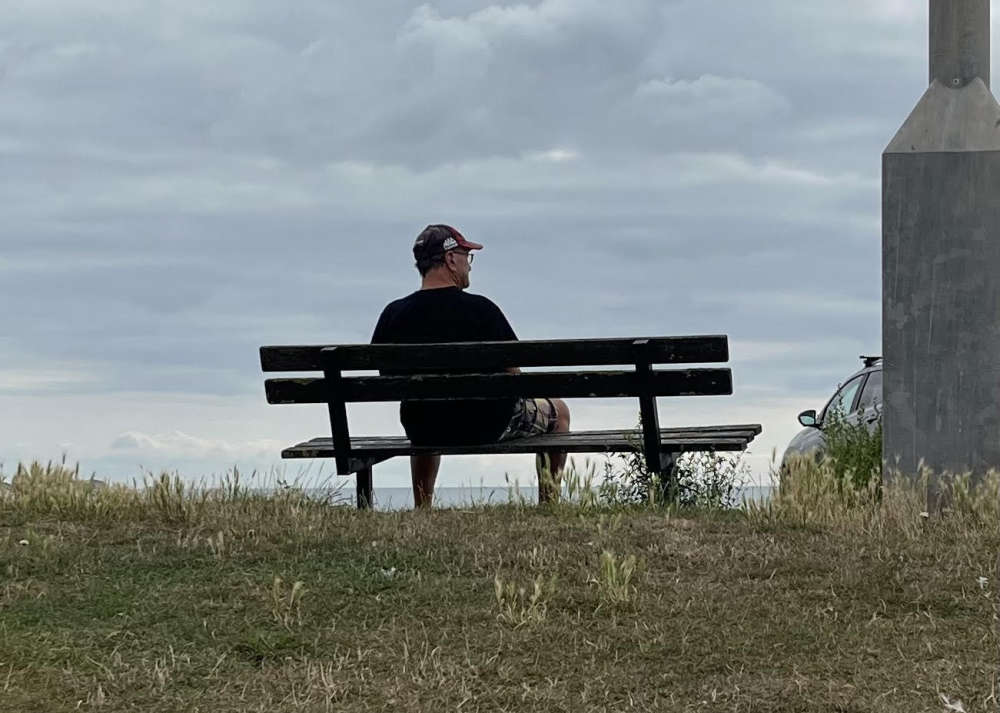
Five hundred letters received by North Devon Council
Campaigners trying to stop cables for an offshore windfarm going through one of North Devon’s most protected areas want people to give their views ahead of Friday’s deadline.
Around 500 responses have already been submitted about the controversial White Cross plan by Flotation Energy to run electrical infrastructure from Saunton Sands to a new substation at Yelland.
North Devon Council will make a decision on the application later this year.
Campaign group Save Our Sands has been set up by local residents who are outraged that 40 per cent of the only car park serving the renowned surfing beach Saunton Sands will become the main hub of the work for up to two years.
They say it will destroy the tourism industry which is vital to Braunton, and up to 90 HGV lorries coming through an already congested village with narrow roads is a huge safety issue.
North Devon Conservative MP Selaine Saxby is leading calls for plans for renewable power projects in Devon and Cornwall to be coordinated so large areas of land are not disturbed.
The 100MW windfarm will be situated 52km off the North Devon coast and produce enough energy to power 135,000 local homes. It is part of the government’s commitment to become net zero by 2050.
Residents are asking that cables be brought into the power station further down the coast at Alverdiscott, which is the destination for the world’s longest undersea cable from West Africa for the Xlinks Morocco-UK solar and wind power energy scheme.
Braunton resident Chris Delaney said: “The whole idea of wind power is great, but this one has been very badly communicated and has not been thought through. They haven’t engaged with the local community and understood the issues we have here and whether there are alternatives.
“We have heard that the power station at Alverdiscott is going to be expanded so they could bring the cables in there which would solve lots of problems.”
Braunton Parish Council opposed the White Cross proposal at a highly charged public meeting last week attended by more than 200 residents. They said the environmental damage to wildlife habitats for rare bats and birds could not be mitigated against despite Flotation Energy indicating a 10 per biodiversity gain after 30 years.
Saunton Sands is in an area of outstanding natural beauty, backed by the dunes of the Unesco Biosphere Reserve Braunton Burrows and surrounded by several sites of special scientific beauty. Opponents say the applicants could not have picked a worse site for landfall.
Another resident, Ruth McDonough, said no-one knew about the plan for Braunton until three weeks ago: “We knew about the windfarm but not that it meant digging up the village to do it.
“Our village is known for traffic and its beautiful beach. The traffic is going to be awful for two years at least and our beach will be inaccessible. There are plenty of other places the cables can be brought onshore. We would urge as many people as possible to give their views before the consultation ends.”
Helen Cooper from Save our Sands group said: “We are trying to protect what we have here, the impact to the beach and local community would be immense. We have three schools and 7,000 residents who would be affected by what is potentially 90 HGVs coming through this village each day.
“I have lived here for over 20 years and there are loads of happy memories created here on Saunton Sands beach. It’s a lovely public space for locals and tourists. Nobody is complaining about wind farms, no-one is against green energy, we want just want them to route the cables somewhere else.”
North Devon councillor Graham Bell (Lib Dem, Braunton East) said this was a test site and he was concerned that the government could pull the project during constructio, like it did with HS2, and leave a huge disturbance to the environment.
He said there were other more important issues for Braunton right now, like sorting housing for local people.
Speaking in a Westminster Hall debate last week, North Devon MP Selaine Saxby, Chair of the All Party Parliamentary Group (APPG) for the Celtic Sea, said no one had been able to explain to her who decided this was the most appropriate cable corridor, and both the Marine Management Organisation and North Devon Council could not comment as part of the planning process on whether a better route might exist.
“I very strongly believe that the entire Celtic Sea FLOW (Floating Offshore Wind) project should be considered as one, as a national infrastructure project, to enable proper strategic planning, and ensure we do hit our offshore wind targets, and that communities are included in these decisions and recompensed appropriately for hosting infrastructure.”
Flotation Energy said co-operation with grid connections for other projects were matters for National Grid and Western Power Distribution – not the developer.
It said the project is at a sensitive stage and it is working hard to reduce potential impacts on the community.
“The extent of our project plans are closely dependent on feedback and guidance from other organisations such as the local roads authority and Natural England. We continue to work with local communities and all statutory stakeholders to find ways to reduce local impacts.
“We will remain open, communicative and factual as we develop White Cross so that we can find the best way to make the project work for everyone. We welcome all feedback and discussion on how to improve and streamline our project operations.”
 Rocket builder careers in Cornwall to soar
Rocket builder careers in Cornwall to soar
 'Twas the weather warning before Christmas
'Twas the weather warning before Christmas
 Police watchdog investigates after fatal Plymouth crash
Police watchdog investigates after fatal Plymouth crash
 Torbay memorial bench prices top London's
Torbay memorial bench prices top London's
 There’s No Place Like an Exeter Panto
There’s No Place Like an Exeter Panto
 Festive fanatic launches 'one song' Christmas station
Festive fanatic launches 'one song' Christmas station
